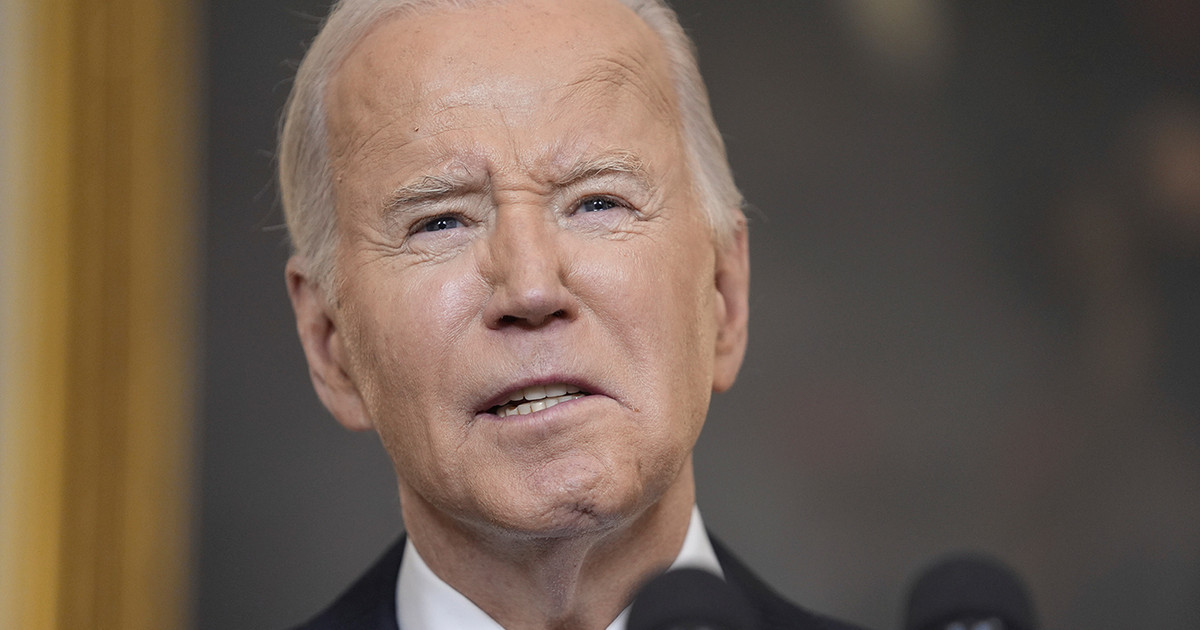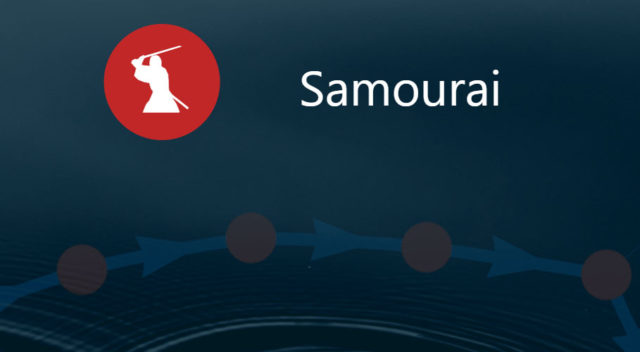How many meanings does the word feminism have? And what does it mean to be today? The journey of It is not without lipstickthe new podcast created by Giulia Cuter and Giulia Perona, exclusively on Audible from June 9th. Twelve episodes to tell twelve major themes through interviews with writers, journalists, activists, politicians and experts. Some names: Daniela Hamaui, Elly Schlein, Francesca Mannocchi, Nadeesha Uyangoda, Annalena Benini.
With back-and-forth interviews preceded by a biographical story, in It is not without lipstick, we speak of children, consent and sex, but also civil rights, social justice, identity and public space, school and science. We interviewed them.
What does it mean to be a feminist today?
Cuter: “It is very different from what it meant many decades ago but also only a few years ago because there has been a new wave of feminism after years in which women’s struggles had subsided a little and left the daily debate. Surely there are still many things for which we must be grateful to the feminists who came before us but that of today compared to long ago that was more centered on individual claims so empowerment, love yourself for who you are, is a feminism much more intuitive and careful to intersect battles that may not be just women’s battles but which have more generally to do with social justice and civil rights. It is a feminism that certainly intersects with racial, class, skill and even ecological issues. And this is what we are trying to tell in the new podcast: to open our gaze a little towards those battles that we believe are part of being a feminist today ».
Let’s break down some stereotypes: what are feminists no longer today?
Perona: «The stereotype of the woman with hair still resists, who breaks the boxes, who is a bit masculine. It is absurd that there are still stereotypes of the genre but we still have to fight them. Let’s say that on the one hand there is a part of feminism that is also in fashion and that has also been incorporated into everything that is marketing, communication, so it is also easier to call oneself feminist than a few years ago . There is still the idea that if you are a feminist you are the one who raises your voice, especially now that there is the always open debate of not being able to say anything anymore. When a person proclaims herself a feminist in certain areas she is immediately labeled as the one who will scold you, she will piss you off for certain words or themes. I think that it is still not entirely easy to use this word lightly when in reality we know that being a feminist, being for gender equality is good for everyone, men, women, anyone “.
Have you ever been labeled feminist?
Cuter: «Yes, it happens often. I have never felt really attached but it always happens that there is someone who says “I say this but don’t get mad”. But I’m happy, in a certain way I think it’s a small step forward. I rarely used to have someone make a sexist joke and apologize, but now it happens “.
Perona: «At an event a man from the audience took the floor to say that we scared him as we were all women on stage talking about feminism and he felt a little intimidated by it. But that same person didn’t have the same reaction when in the previous panels there were all men on stage ».
Let’s face it, however, feminism is not just a thing for women.
Perona: «Of course. Feminism does not seek to take away the rights of one part of the population to give them to others. It is to create a world where everyone has the same rights and where we are all better off. There is always the idea that feminism is against men when in reality the goal is to create a better world. Sexism hurts everyone but it is always very difficult to get across the concept that a woman, as a feminist, does not hate men. There is a need for those who have more privileges in our society to recognize it ».
Cuter: «This openness to men and the possibility for men to take a step in this direction, to recognize that there is also a question of questioning masculinity to be done, all of this was lacking in historical feminism. Before, a certain separation was necessary because the conditions were different and the debate bitter. Now there is an opening towards the fact that perhaps men too can start worrying about these same battles and waging them with us. “
It is not without lipstick is your new podcast and it also talks about this: how was it born?
Perona: «We are back to the podcast after a few years in which we have dedicated ourselves to other things, such as the newsletter and the book. It is not without lipstick was born from the idea that those who had followed us before with the podcast Without Lipstick was fond of the more literary format of the first podcast. This is a podcast of biographies and interviews with the nostalgic spirit of the 90s ».
Cuter: «There are 12 episodes, each with a guest who tells his story and then there is a more direct part in which we tackle the theme chosen for that person. We explore themes that are dear to feminism, such as the relationship with one’s body, motherhood, the world of work, and also broader themes that, in our opinion, intersect with feminism and need to be looked at through the lens of feminism. : politics, racism, civil rights. With Francesca Mannocchi we try to understand, for example, what it means to be a woman in other parts of the world ».
What are the hot topics for feminism today?
Perona: «Definitely the question of the world of work and power that we talked about with Daniela Hamaui and Elly Schlein. It is a topic that even young women ask themselves a lot: how to be able to put together private and professional life, how to be able to believe in one’s worth to the point of fighting for that power. As Daniela Hamaui told us, it is only by reaching positions of power that things can really be changed ».
Cuter: «The eternal return of the right to motherhood, therefore having state-supported motherhood, especially in a historical moment in which we are always told that we do not have children. On the other hand, the right to non-maternity and therefore to abortion ”.
Feminism, how would you explain it to a teenager?
Perona: «It means fighting for equal rights for all and being able to resolve all the inequalities that make our society still not equal for all the people involved. This is why we should all and all of us ”.
Cuter: “I couldn’t say it better than Giulia.”
Content
This content can also be viewed on the site it originates from.
–Miro’s Story – A non-binary podcast: episode 1
-Area Marina: “The invisibility of Russian feminists”
Source: Vanity Fair






